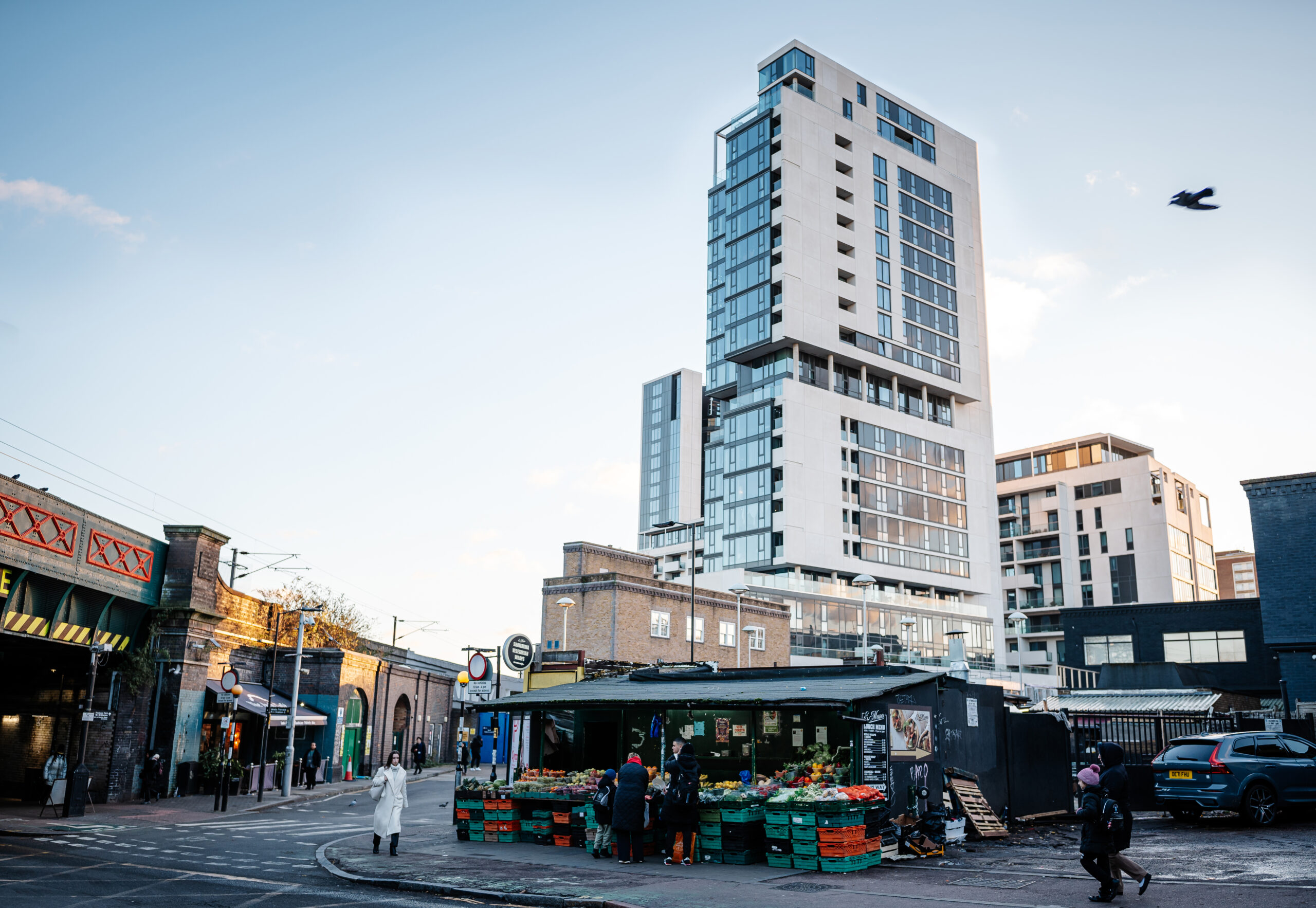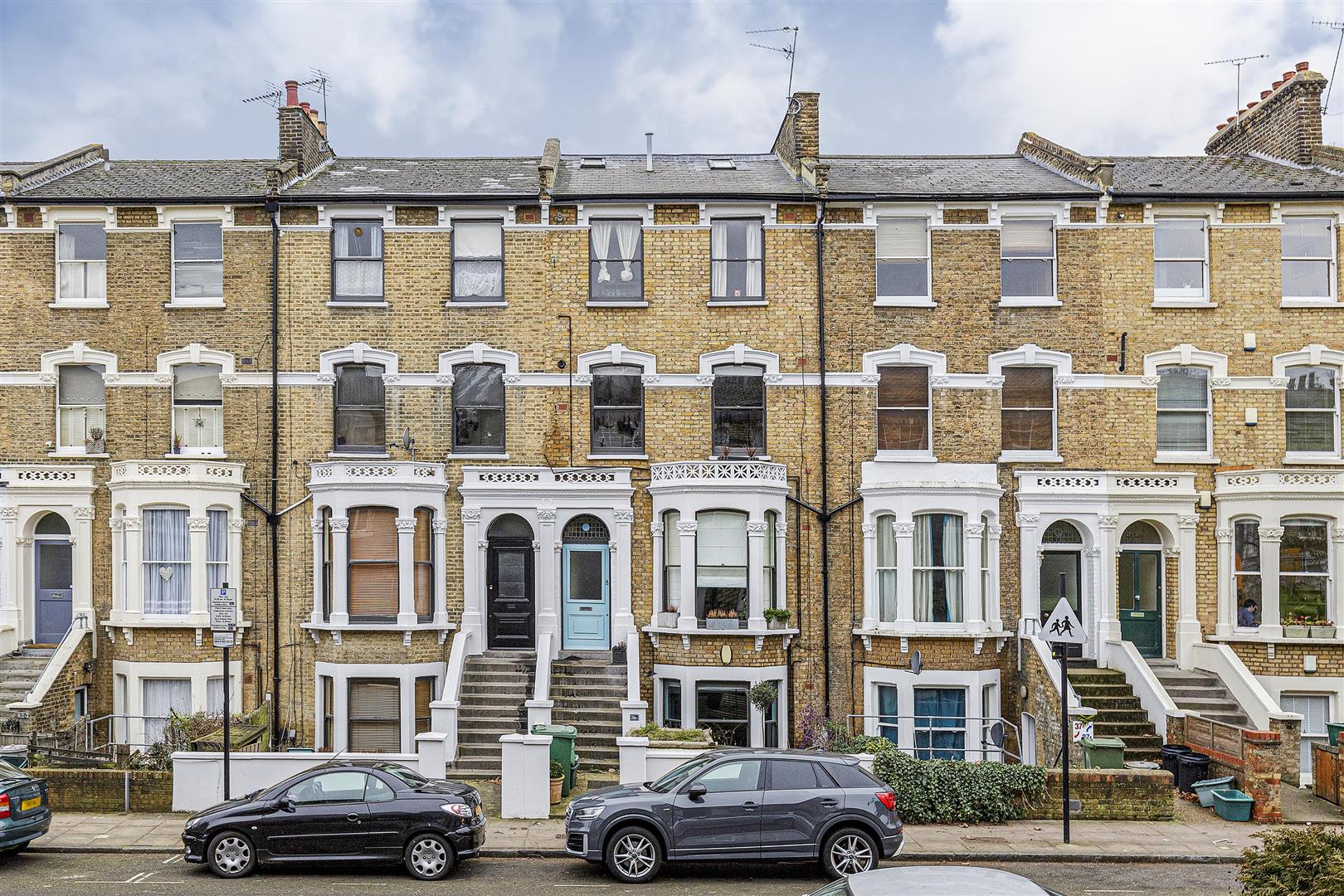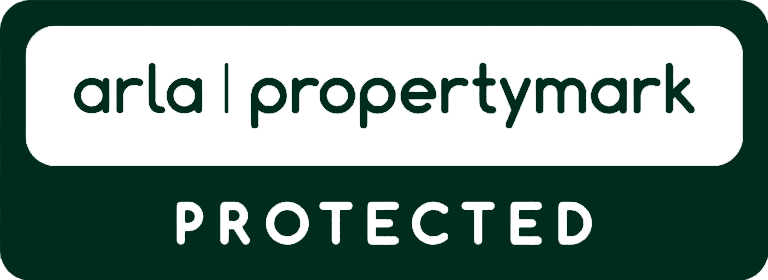Is Your Block Manager Breaking the Law?
The hidden dangers of non-compliance, unsafe practices, and legal grey areas in block management
If you live in a managed block, you probably assume the basics are being handled: insurance up to date, fire alarms tested, service charge money kept safely in trust. But in an industry that’s still largely unregulated, not every managing agent plays by the rules. Behind the polished service-charge statements, some blocks are quietly skating on thin legal ice – and leaseholders rarely realise until something goes badly wrong. Let’s take a closer look at where block management can cross the line from “a bit sloppy” into “potentially breaking the law.”

When “non-compliance” becomes negligence
Non-compliance isn’t just forgetting to tick a box, it can put people’s safety and finances at serious risk. Take fire safety. Every residential block must have a Fire Risk Assessment (FRA) for communal areas, reviewed regularly, with clear records that any remedial actions have actually been completed. Yet time and again, leaseholders discover outdated FRAs gathering dust, extinguishers long past inspection, and emergency lighting that hasn’t been tested for years.
That’s not just bad management – it’s a breach of the Fire Safety Order 2005, and in extreme cases, it can lead to criminal prosecution. If there were ever a fire, insurers could decline claims, freeholders could face enforcement notices, and managing agents might find themselves in court.
Electrical safety, lift inspections (under LOLER), and water hygiene (Legionella control) all carry similar statutory obligations. Failing to evidence compliance doesn’t just expose a building to risk, it exposes everyone involved in managing it to liability.
Service charge funds: where transparency turns into trouble
Then there’s money – the area most likely to cause friction and, occasionally, legal breaches. Service charge funds are trust monies, meaning they must be held separately for each building, in designated client accounts. The law is clear: they’re not the managing agent’s money to shuffle between sites or borrow against. Yet some agents still blend funds, delay issuing accounts, or “forget” to reconcile properly. Others take commissions or referral fees from contractors without declaring them to leaseholders. These aren’t minor slip-ups; they can constitute breaches of trust and even fraud. A reputable block manager will always provide clear, itemised accounts, open book access to invoices, and a willingness to explain any anomalies. If your managing agent suddenly goes quiet when you ask to see the numbers; that’s your cue to start asking louder.
The safety shortcuts that cost lives
The Grenfell tragedy shone a harsh light on building safety culture – or lack of it. Since then, legislation such as the Building Safety Act 2022 has introduced stricter duties for high-risk residential buildings. Responsible persons must actively manage safety risks, keep digital records of materials and maintenance, and engage residents in safety planning. But compliance isn’t just for tall buildings. Even small converted blocks must ensure regular checks, appropriate signage, accessible fire exits, and up-to-date risk assessments. If your block manager shrugs off fire-door maintenance, or says “we’ll do it next year,” they’re not just being lazy, they could be breaching statutory obligations. And it’s not only about fire. Faulty gates and doors have caused fatal accidents; unmaintained lifts have trapped residents; corroded handrails have led to injuries and claims. Every safety lapse carries a moral cost as well as a legal one.

Lease law and the grey areas agents get wrong
Not every issue is black and white. Some breaches live in the murky middle – where misinterpretation of leases meets complacency. For example, Section 20 consultation for major works: it’s a legal requirement for projects exceeding certain thresholds, ensuring leaseholders are consulted and given the chance to comment or nominate contractors. When managers skip or abbreviate the process, they risk tribunal challenges that can cap recoverable costs to just £250 per leaseholder, regardless of how much was spent. Or consider authority creep – agents signing long-term contracts, appointing related contractors, or authorising unbudgeted works without proper instruction. These actions can expose both the freeholder and the leaseholders to disputes and financial loss. Then there’s short-letting. Many leases prohibit Airbnb-style rentals, yet some managers ignore them to avoid awkward conversations. Aside from lease breaches, that can invalidate building insurance and jeopardise safety compliance.
Real-world consequences
Across the UK, there have been multiple enforcement cases and tribunal rulings where poor management veered into illegality. Examples include:
Agents fined for operating without valid client money protection.
Blocks prosecuted after fire-safety failures caused injury.
Leaseholders successfully recovering thousands after proving unreasonable service charges and procedural breaches.
These aren’t abstract scenarios – they’re cautionary tales, and they’re avoidable.
What good management looks like
The best managing agents don’t just comply – they document compliance. They keep live registers of all statutory checks, provide regular updates, and maintain transparent financial systems. They’re proactive communicators, not reactive firefighters. Ask your manager for a compliance summary of your building: fire risk, electrical, lift, water, asbestos, insurance, and health & safety certifications. A competent agent will have it ready within days. An evasive one will mutter something about “waiting on contractors” for months. That’s the difference between diligence and danger.

Your right to accountability
As a leaseholder, you’re not powerless. You have the right to inspect accounts, challenge unreasonable charges, and even take over management through Right to Manage if necessary. Most importantly, you have the right to live in a building that’s safe, well-run, and compliant with the law. If you suspect your block manager is cutting corners, don’t wait for an incident to prove you right. Ask questions. Request evidence. And remember: good agents welcome scrutiny – the bad ones fear it.
In short: a lawful block manager keeps safety visible, finances transparent, and residents informed. If yours doesn’t, it’s time to start wondering not just what’s being hidden, but why.
Brompton Block Management, 85 Stroud Green Road, London, N4 3EG
Article & images by Barefaced Studios
You might also want to read other useful blog articles by clicking here.
_________________________________________________________________________
Please note that all content contained within our website is for informational purposes only. You should not construe any such information or other material as legal, tax, investment, financial, or other advice. All Content on this site is information of a general nature and does not address the circumstances of any particular individual or entity. We advise seeking professional advice from a legal, financial, or other professional.

 Companies House Identity Verification: A Small Step That Cannot Be Missed
Companies House Identity Verification: A Small Step That Cannot Be Missed  Changing Block Management: What You Need to Know
Changing Block Management: What You Need to Know 
